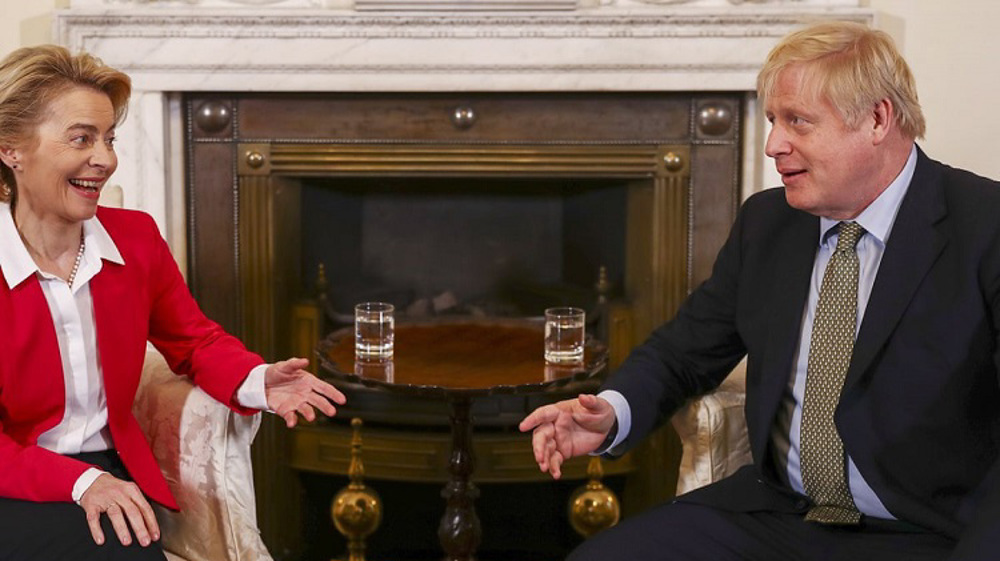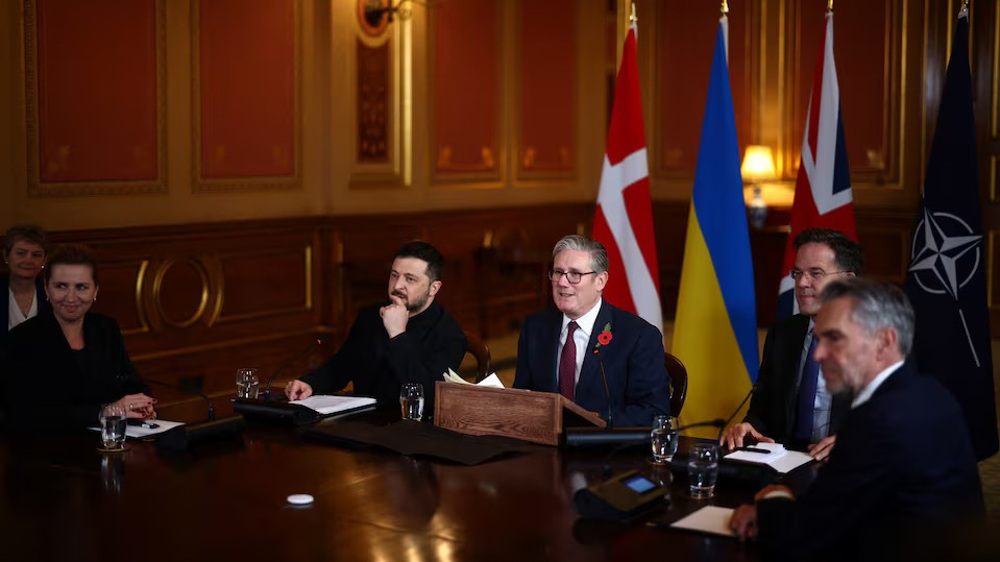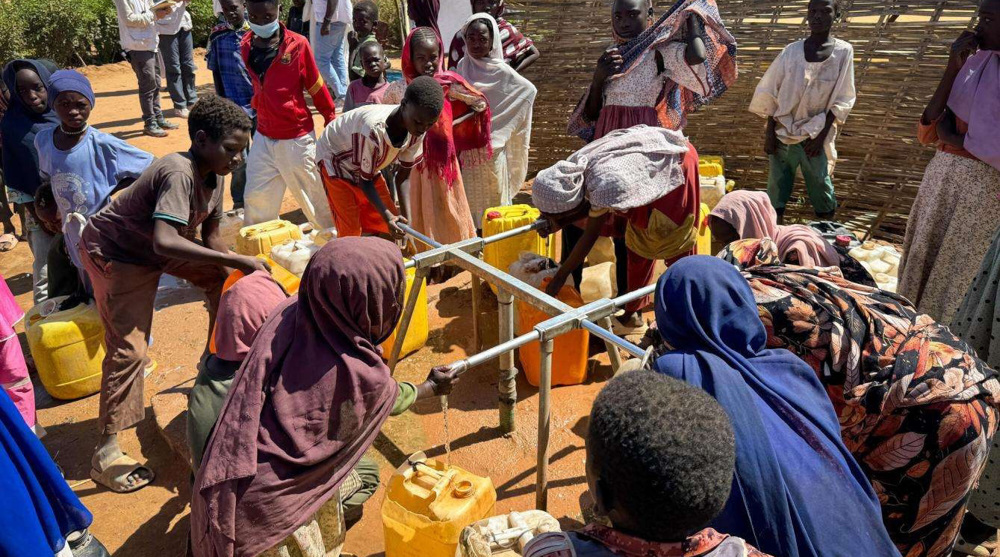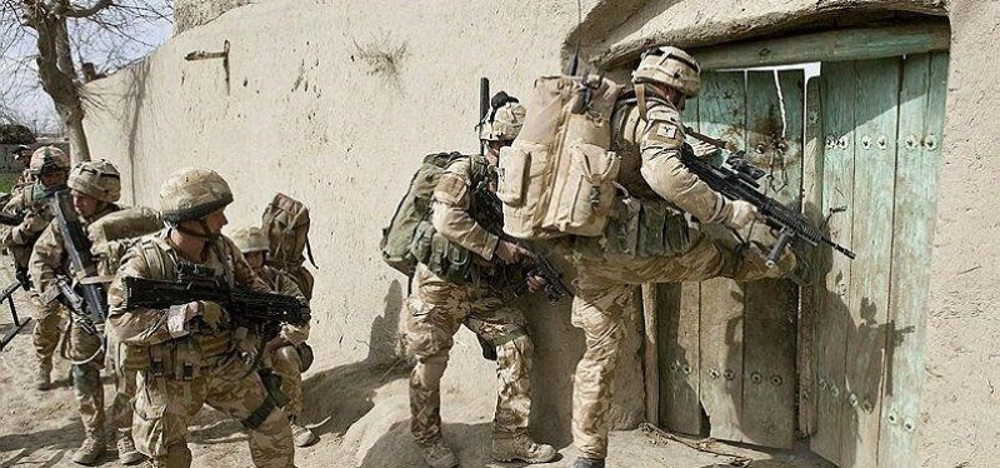Boris Johnson rules out trade deal ‘at any cost’
Prime Minister, Boris Johnson, has once again toned down expectations of a breakthrough as negotiations with the European Union (EU) go into extra time.
Addressing the cabinet meeting on Tuesday (December 15), the PM once again underlines his bottom line, namely that concluding the negotiations on World Trade Organization (WTO) terms – or what Johnson prefers to call an Australia-style arrangement – “remained the most likely outcome”.
Johnson reiterated, perhaps perfunctorily, that the UK was “committed to continuing to negotiate” on the remaining areas of disagreement.
However, the PM was at pains to demonstrate his determination that the desired outcome of a trade deal would not come 'at any cost' to the UK.
The key points of divergence revolve around access to UK fishing waters, to what extent the UK will be allowed to depart from EU standards and how the formal trade agreement should be enforced.
Previously Johnson and European Commission (EC) president, Ursula von der Leyen, had agreed to end the negotiations on Sunday (December 13).
However, the two leaders decided to extend the deadline at the eleventh hour on the grounds that it was “responsible at this point to go the extra mile”.
But since the extension of the deadline neither leader has given any indication that the deadlock in negotiations can be broken before the end of the Brexit transition period on December 31.
Underscoring the intractable deadlock, EC boss von der Leyen said on Monday (December 14) that the UK has “either to play by our [EU] rules, because this is a matter of fairness for our companies … or the other choice is there is a price on it, and the price is border and tariffs”.
To make matters worse, the Foreign Secretary, Dominic Raab, has once again tried to downplay the importance of the EU to the UK’s post-Brexit foreign policy.
Raab, who is currently on a visit to India, said the UK has "sometimes been too myopically-focused just on Europe" before adding that the country was about to "regain control" to make new deals "where growth opportunities in the future will be".
If the UK and EU fail to agree a deal – and have it ratified by their respective parliaments – by the end of the Brexit transition period (December 31), they’ll be forced to trade under WTO rules.
This effectively means the imposition of tariffs on imported goods by both sides which will likely lead to higher process.
Both the UK and the EU negotiating teams have ruled out extending the talks beyond the Brexit transition period.
Venezuela denounces US for ‘greatest extortion in history’
VIDEO | Israeli strike kills three in Lebanon as regime mulls renewed war
VIDEO | Hundreds gather outside UK Ministry of Justice, demanding strikers’ release
VIDEO | Israeli forces launch major military operation in Qalandia, north of occupied al-Quds
VIDEO | Press TV's news headlines
VIDEO | Israel's expansionist schemes
New Epstein files lay bare Trump's 'love for young girls,' links to sex offender's death
Libya’s army chief killed in Ankara plane crash after high-level talks with Turkish officials














 This makes it easy to access the Press TV website
This makes it easy to access the Press TV website